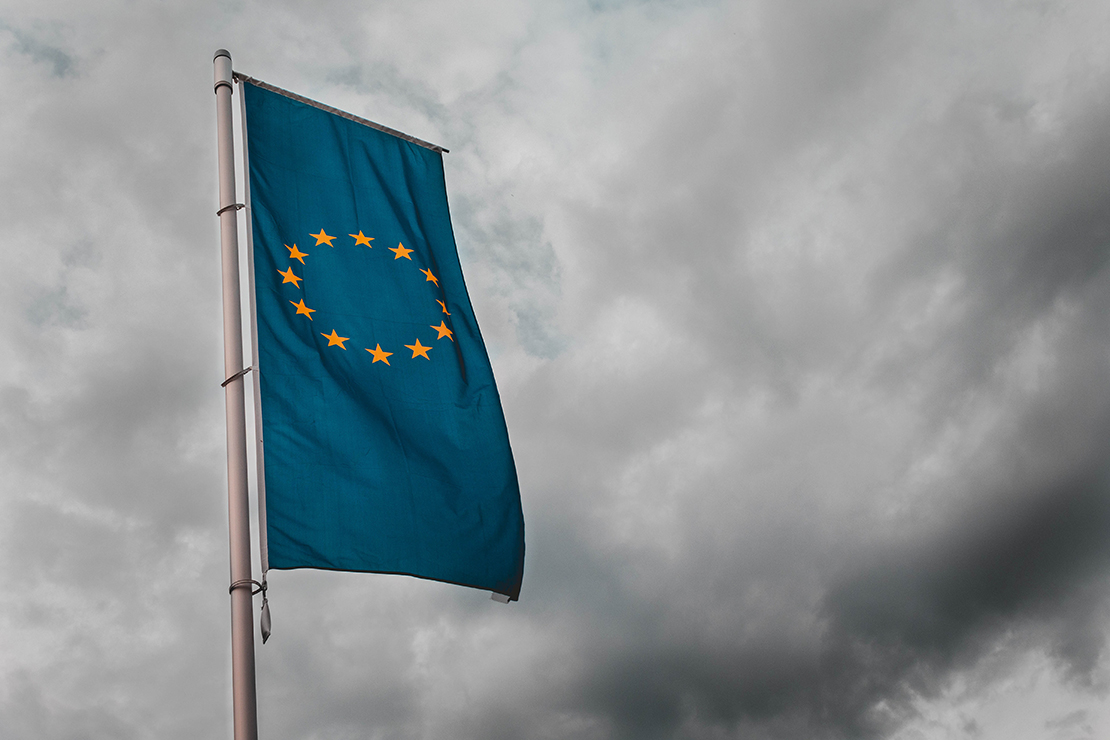Authors

Alejandro Esteso Perez
European integration and enlargement issues, political relations with EU Member StatesLess than three months to go until the EU-Western Balkans Summit in early May, European heads of government are gearing up for what is bound to be a high-stakes meeting. Croatia’s presidency of the Council of the European Union (EU), within which framework this summit is set to take place in Zagreb, holds enlargement and European integration of the six Western Balkan countries (WB6) as one of its top priorities.
Few absences are expected at the negotiating table, the second of this kind since the Sofia Summit in 2018 when Bulgaria held the rotating presidency. Among the attendees will expectedly be French President Emmanuel Macron and German Chancellor Angela Merkel alongside WB6 leaders, including newly-inaugurated Kosovo PM Albin Kurti and Serbian President Aleksandar Vučić. Out of all European heads of government, however, one particular attendance is still a conundrum – that of Spanish Premier Pedro Sánchez.
Spain remains one of the five EU countries –besides Cyprus, Greece, Romania and Slovakia– that do not recognize Kosovo as an independent State. Ever since Kosovo’s declaration of independence in 2008, the authorities in Madrid have outspokenly claimed “a breaching of international law” as the main reason for denying their support, both left and right across the political spectrum. A large share of analysts and observers have, however, pointed towards Spain’s internal struggles with secessionist movements, namely in Catalonia and the Basque Country, as the underlying motivation behind non-recognition, out of fear that the smallest sign of acknowledgement of Kosovo’s sovereignty could justify and trigger a similar strive for self-determination in these two regions. Former right-wing Popular Party (PP) PM Mariano Rajoy already boycotted the EU-Western Balkans Summit in Sofia in 2018 because of the attendance of Kosovo representatives. Sensitive episodes of upheaval in Catalonia in 2017 in addition to a traditionally poor national policy expertise regarding the WB6 could have explained this move.
Now, Spain’s social-democrats (PSOE) are back in power alongside leftist junior coalition partner Unidas Podemos (UP), a first in Spanish politics in the post-Franco era. It is still uncertain how PM Sánchez, a convinced Europeanist, will approach his first such summit. Concerns are high that, following the steps of his predecessor Rajoy, he will not even show up – because of Kosovo.
As a matter of fact, though, there is no compelling justification as to why he should be absent from the meeting.
Boycotting the Zagreb Summit would not only mean official non-attendance and an empty seat at the table – it would mean sending out the message that Spanish interests vis-à-vis the WB6 and enlargement are neither present nor represented. Spain’s voice would, simply, not be heard. Not to mention the indifference and disinterest towards the enlargement process per se this move would reveal.
Sánchez has the opportunity to step up his foreign policy game and develop a new domestic approach towards the WB6, traditionally a very neglected playing field for Spain. He has renewed chances of applying a more proactive and less obstructive lens in order to avoid becoming a pariah member at EU-Western Balkan summits. Through attendance at Zagreb, Sánchez could comfortably ease his burden and distance his discourse from that of Rajoy and the previous PP government. In this regard, former PSOE Minister Josep Borrell’s appointment as High Representative of the EU for Foreign Affairs and Security Policy should serve as a stimulating move towards narrowing relations with the WB6, particularly with Kosovo.
Even if Spain’s intention is to aim for continuity and to push on with the rejection of Kosovo’s recognition as a State ‒as of today, the only likely scenario‒, attendance of PM Sánchez at the summit would still be a golden opportunity for delinking the cases of Kosovo, Catalonia and the Basque Country once and for all. Sitting at the table with representatives from Prishtina would by no means imply recognition, not even the much-dreaded recognition “through the back door”. In fact, recognizing Kosovo, although desirable, is not a precondition for attendance at the summit (see Greece). Coming to terms with this could mark the beginning of a process which, depending on how wisely the Spanish authorities play their cards, would gradually put an end to the perpetual and haunting fear of comparison between the self-determination movements of Kosovo Albanians and pro-independence Catalans and Basques. For this to happen, losing the angst of sharing a common space with Kosovan authorities is the first step.
Sánchez’s attendance at the Zagreb Summit is the path for Spain to tread in the direction of a healthier and more enthusiastic engagement with the WB6 and with the EU itself. This could constitute the first stage in a potential de-freezing of relations between Madrid and Prishtina which, even without any likelihood of recognition in sight, would lead to a more cooperative and unified Europe.
Do not boycott the Zagreb Summit because of Kosovo, Mr. Sanchez

 Download PDF
06/03/2020
Download PDF
06/03/2020Share article
Related Espresso Insights
March 4, 2024
Espresso.Insights
Passport Hangover: What’s next after Spain’s Kosovo breakthrough?

January 16, 2023
Espresso.Insights
Recognized but not supported: Hungary's stance on Kosovo's EU bid

Latest Publications
April 24, 2024
Policy Analysis
Tracking Kosovo's Commitment: Monitoring Adherence to the Venice Commission Rule of Law Checklist in ...
April 8, 2024
Policy Analysis
Reflecting on the Third Year of Kurti II: Setbacks and Achievements in Rule of Law, Public Administr ...
March 22, 2024
Policy Analysis




